Positive practices and mindsets improve our lives and are essential to developing successful careers. Over the next few months, I will delve into the positive practices and mindsets we can build into our lives to ensure we show up at work as our best selves and have the energy and drive needed to sustain a successful long term legal career.
This month, I spoke with GCs Freya Smith, Catriona McGregor, Teresa Cleary, Kate Jones, Chad Aboud, and Michelle Bryant. Each have different backgrounds and roles and use their own sustained habits and rituals to support them in their careers and as leaders and role models.
Do you have any daily rituals and healthy habits?
“What they say about a runner’s high is true,” says Smith who starts the day on the treadmill. Given that she’s raising two very active children under five-years-old, it also serves as her “me time,” she notes.
“I always feel energized and refreshed after a run,” she says. When working from home, Smith also tries to include a 30-minute walk mid-morning to get some fresh air and vitamin D as well as including “walking meetings” when she has back-to-back Zoom video calls.
Smith realized during COVID-19 the importance of moving “to keeping me sharp and focused particularly on long days and when you’re 'on' 24/7. As lawyers, we can easily fall into the trap of working away at a desk for hours without realizing we haven’t moved!”
“I always feel energized and refreshed after a run.”
- Freya Smith, group general counsel and company secretary, Claim Central Consolidated
McGregor starts her day early, usually between 5–5:30 a.m. also giving her “me time” before her children wake up while using the time to exercise. “I exercise most mornings, whether it be running, weights, spin, or just stretching.” Breakfast of coffee and oats — “and then another coffee!” — are also a daily ritual.
Finally, if there is a chance before school drop-off, McGregor takes the children to the beach where they sit on the same bench overlooking the beach, which they call their “gratitude bench” and “share with each other the things that we are grateful for.”
The past two years, Cleary built new rituals, which include replacing her former racing off to work (or off to her desk) with having a coffee and a chat with her husband, reminding her “there is more to life than work, and my husband makes me laugh and makes a great coffee!” Cleary also maintains the same morning routine whether she is going to the office or working from home and ensures she delineates her work and life, “You won’t see me working in my pj’s, tracksuit, or bare feet.”
In the evenings, she takes an evening walk to disconnect from work and home, walking near water as a way to meditate and wind down as well as improve her posture. A final daily ritual is drinking lots of water to keep her “head clear, headaches at bay, and get up from her desk.”

Jones starts the day walking her dog to set a relaxed mood for the day and get time off from busy family (three primary school-aged children) and work life. Jones previously took lunchtime walks, often while having team catch-ups as a way from getting away from the office for some perspective and stress management.
Keeping perspective was something she also encouraged her team to do when work was overwhelming. “We all make mistakes and often there is a way to fix a mistake so we really shouldn’t beat ourselves up. I think my rituals help make me a calmer manager and lawyer and more measured in my approach.”
A run in the woods near his home helps Aboud three days a week, combining exercise with the positive effects of being in nature. In addition, he has started “writing down three good things that happened each day” to take stock and employ gratitude and perspective. He added a 10-minute mediation practice for a year, but, while enjoying it, he no longer continues it as a daily practice (although he wants to again).
“Writ[e] down three good things that happened each day” to take stock and employ gratitude and perspective.
- Chad Aboud, general counsel, AudienceView
Bryant exercises five to six times a week and, time permitting, on weekends, finding exercise to be “positive for both my mental and physical health.” After having a child, putting aside time to exercise had fallen off her routine, but has become a regular addition which she has continued after COVID lockdowns.
Additionally, she starts the day with a “good strong coffee with coffee beans that I like — mediocre tasting coffee will not do!” Bryant says both rituals have a “positive impact on me as a person and in my working life. The coffee is more a ritual but definitely perks me up for the day ahead.”
Do you use any positive practices in your leadership?
The positive culture at Claim Central, says Smith, includes not taking themselves too seriously and following a core value to “stay humble.” Smith tries to encourage this in her team. “We have many outstanding individuals, but no one person is bigger than the team and we drop our egos at the door. Our team also focuses on always staying curious. No matter our experience, each of us still has a lot to learn. Being curious, and asking questions, is critical to success in-house.”
Starting the day with a message to her legal team group chat, notes McGregor, saying “good morning” and usually sharing something about her day to come (work or personal) and encouraging the team to share about how their day and week is going fosters team camaraderie. She closes off the week similarly with a Friday afternoon message wishing everyone a good weekend and relating weekend plans. Team meetings include themed backgrounds for humor and opportunities for sharing. Finally, she recognizes the long hours needed for work, like mergers and acquisitions, and makes a conscious point of taking days in lieu of “recovering after intense deal periods” and encourages the team to do the same.
“Someone said to me a while ago that I use laughter as punctuation.”
- Teresa Cleary
Cleary uses humor. “Someone said to me a while ago that I use laughter as punctuation,” she says. “I didn’t realize at the time that I did but then realized I do so unconsciously. I think it helps break down walls and makes me more approachable, particularly when you are working with all levels within an organization. I also think life is too short to not laugh and enjoy yourself and it’s important not to take yourself too seriously.”
Humor also helps Jones lighten the tone of any stressful situation and during team meetings. “The playful banter helps release some stress, and I find it is particularly important for my junior members who are learning how to manage their stress,” she notes.
During busy work periods, she has also invited her team to discuss what they were doing to “keep physically and mentally well.” She has made “a point of talking about times when I’m not coping with stress as well as I would have liked and how I am going to manage that — exercise more, sleep better, etc.” Finally, Jones has encouraged the team to leave the office for a morning coffee to move locations and build camaraderie.

Aboud also advocates using humor. Inject a sense of fun into the workplace, he says. In addition, he says, “I try to be curious about others’ lives which helps to build bonds beyond work.” He recognizes the importance of taking time out of the workplace through rest and vacations. “While I have not been as good about that while leading a small function with a lot of responsibility, I have built better processes for myself while I am on vacation including only having focused and dedicated times when I check my work messages. This ensures I create a better vacation environment for myself and my family,” he says.
“An open and approachable demeanor” helps build trust and confidence with senior leaders who seek Bryant’s advice. And, she adapts to her intended audience, for example, injecting humor and non-legal anecdotes when presenting what might be received as “dry” content in a presentation. Considering her audience, the cosmetics/skincare business, Bryant says, “Practical examples are always preferred to purely the legal and regulatory elements of a presentation, and I find this resonates better.”
Positives practices takeaways
My discussions highlighted positive takeaways you can consider building into your daily lives. These practices will help you move your body, reduce stress, increase your happiness, and allow you to work at your best:
Make time to exercise, preferably in the morning and outside in the sunshine
Studies clearly show that exercise promotes physical, mental, and brain health. The American Psychological Association has curated some of the research and considers how “exercise, a form of physical stress, can help the body manage general stress levels.”
Neuroscientist and author of Happy Brain, Happy Life, and Good Anxiety, Wendy Suzuki, Ph.D., runs the Suzuki Lab, which studies the effects of exercise on the brain. She has written extensively about the benefits of exercise on the brain, including how it decreases feelings of anxiety, improves focus and concentration, promotes growth of new brain cells, and protects the brain from aging and neurodegenerative diseases. Suzuki says she tries to “do at least three to four 30-minute workout sessions a week. You’ll also get the most benefits out of aerobic exercise, which increases the heart rate and pumps more oxygen into the brain.”

Cold-exposure can also help. Suzuki discussed protocols with fellow neuroscientist Andrew Huberman, Ph.D., on the Huberman Lab Podcast, and explored, in-depth, the benefits of exercise on learning and memory.
Huberman speaks extensively in most of his podcast episodes about the benefits of getting sunlight in your eyes in the early part of the day, preferably within 30–60 minutes of waking. He also promotes scientific studies touting the benefits of awakening early and exercising in the first three hours of waking.
Keep your sense of humor — It is vital
There will always be days where things don’t go well or where mistakes are made. Humour helps us to move forward. Humor is a “superpower” says Jennifer Aaker and Naomi Bagdonas in Humor Seriously and Don’t Stop Us Now. “Viewing our mistakes through a comic lens can have a meaningful impact on our psychology,” they say.
Make time for social connection. Whether with family (including pets!), friends, or co-workers, learning more about people and spending social time with them makes life better. Leading happiness expert and former Harvard professor, Shawn Achor, suggests ways to foster social connections at work, including finding time for team lunches and social time, actively listening, and providing praise and gratitude.
Practice gratitude
Psychologist and professor Robert Emmons, PhD, author of Thanks! How Practicing Gratitude Can Make You Happier, describes gratitude in two stages. First, acknowledging the goodness in one’s life and, second, recognizing that the source of this goodness lies at least partly outside the self. Emmons’ research on gratitude found that grateful people experience higher levels of positive emotions such as joy, enthusiasm, and optimism.
If you are interested in both gratitude and coffee, I recommend New York Times best-selling author A.J. Jacobs’ book, Thanks a Thousand, in which Jacobs thanks every single person involved who produced his morning cup of coffee. As he travels executing the project, he discusses how gratitude can make us all happier and more connected.
While coffee was on the daily agenda of some our GCs, be mindful of when you have your coffee if you have trouble sleeping.
While coffee was on the daily agenda of some our GCs, be mindful of when you have your coffee if you have trouble sleeping — neuroscientist Matt Walker, PhD, has extensively discussed how caffeine affects your sleep and suggests the implications of consuming any caffeine eight–10 hours from the time you would like to go to sleep.
Mediation helps calm us down and refocus
In The Science of Meditation, Daniel Goleman and Richard Davidson describe studies that indicate stressed out workers are unable to downregulate their emotions because of enlarged amygdalae and weakened connections between areas in the prefrontal cortex of the brain. A regular meditation practice can help quiet the mind. Try meditating before an important or stressful meeting or schedule time just after to find calm.
Get out in nature. While I have discussed some of the benefits of getting out in nature in the past, we will look at this in more detail next month with our same GCs as we discuss positive practices to beat burnout.
Meet the GCs interviewed for this article
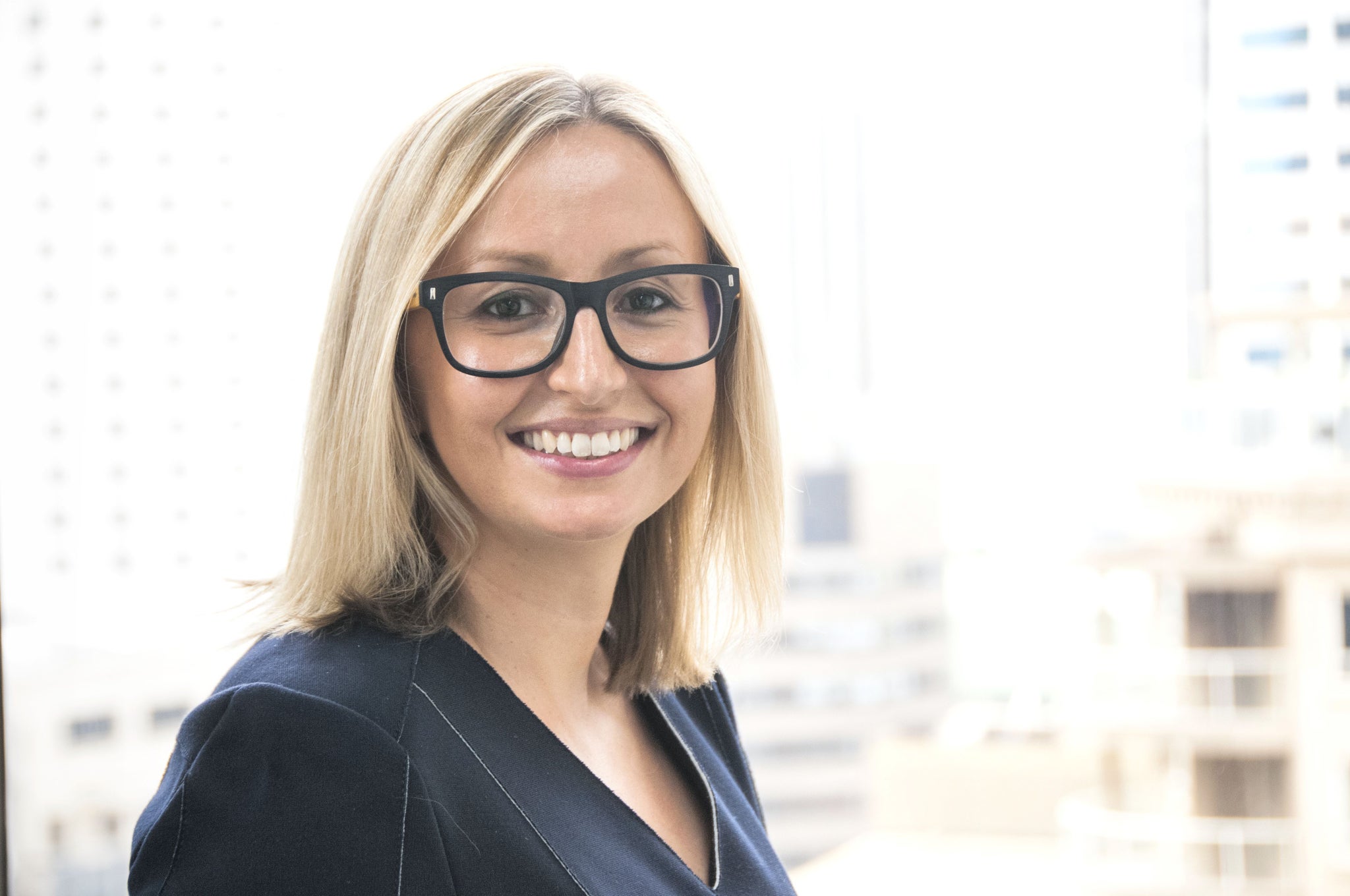
Freya Smith, group general counsel and company secretary for Claim Central Consolidated, leads the global legal, risk and compliance and secretariat functions across Australia, New Zealand, the United States, South Africa, and Europe, and is part of the Group Executive Team. A large part of Smith’s work focuses on building and developing the legal, risk, and compliance, and secretariat functions, and new teams across the global group. One of Smith’s challenges is staying ahead of legislative, regulatory, and market changes, in addition to managing business as usual and building new functions. In her spare time, Smith enjoys Jasper Fforde’s wildly inventive Thursday Next novels, as well as listening to the Morning Call and Fear & Greed podcasts.
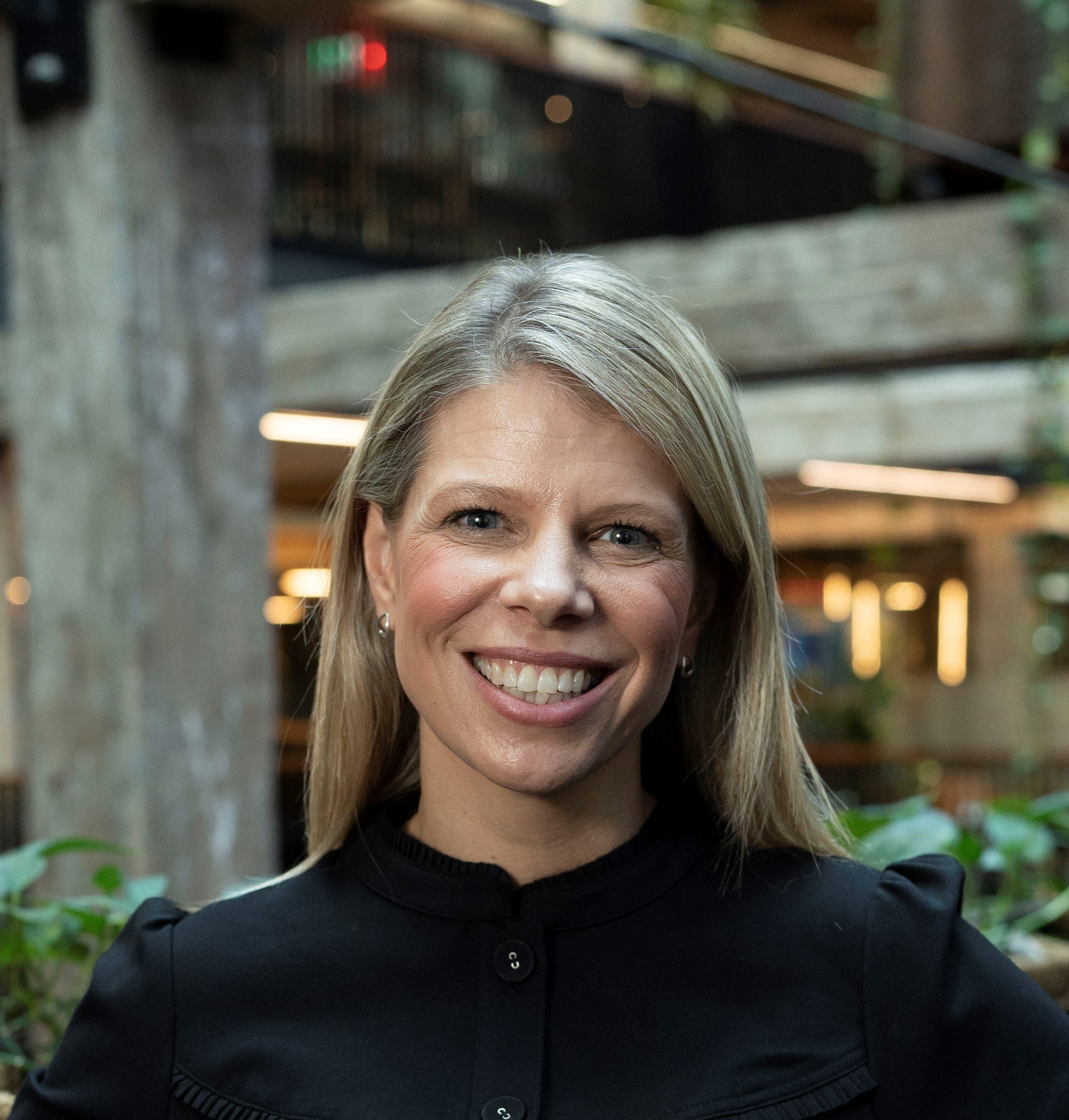
Catriona McGregor, group general counsel and company secretary at Domain, an Australian company, manages a legal team of 10 with work spanning corporate, commercial and company secretarial. McGregor’s team supports corporate development projects including mergers and acquisition (M&A) deals, joint ventures and investments, and strategic areas of organic growth, as well as commercial support, including privacy advice, product review, and marketing collateral review. McGregor’s stakeholders include the board and executive leadership team, as well as the various business units across Domain. Outside of work, McGregor is a keen long distance trail runner and uses the Strava app to track her running. Her favorite podcast is Samantha Gash (a former corporate lawyer, ultra-runner, and podcast host who interviews endurance athletes), and she is currently readingDare to Drive by Manal al-Sharif.
Teresa Cleary, group general counsel and company secretary for a global ASX-listed cannabis company, Elixinol Wellness Limited, leads a small corporate team supporting the group internationally across a number of jurisdictions and diverse areas spanning corporate, regulatory, intellectual property, M&A, governance, and contract and dispute resolution. Cleary’s stakeholders include the global CEO and CFO. One of her major challenges is guiding a business which operates in a highly regulated environment globally. Outside of work, Clearly enjoys the apps “Relax Lite” and “Power Nap” to encourage her to meditate and rest more.
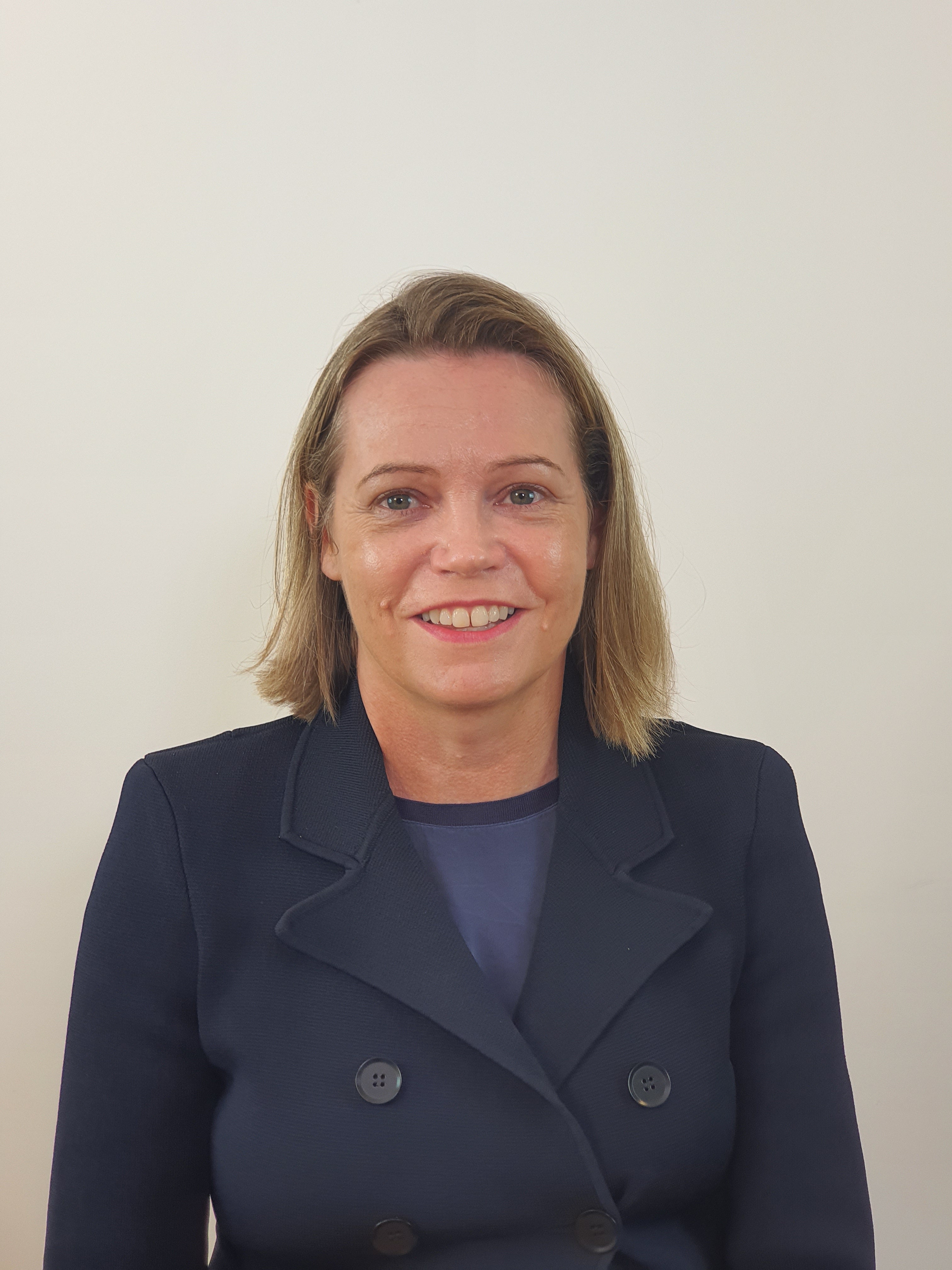
Kate Jones was, until February 2022, general counsel, company secretary and head of compliance for Samsung Electronics Australia, having left to explore other opportunities. Part of the senior leadership team, Jones led the legal and compliance function as well as being a senior leader for the company who managed a team of seven. Jones’ work included employment advice, general commercial contracting, advising on competition and consumer law issues as well as privacy and defending major litigation. During her tenure Jones led the change to increase maternity leave from five to 16 weeks and hired more staff to ensure an appropriate work-life balance for her team. Outside of work Jones enjoys the escapism of a good murder mystery or historical drama including watching Occupied and Slow Horses. She also uses the Headspace meditation app and Samsung’s Health app to track her steps, and general health.
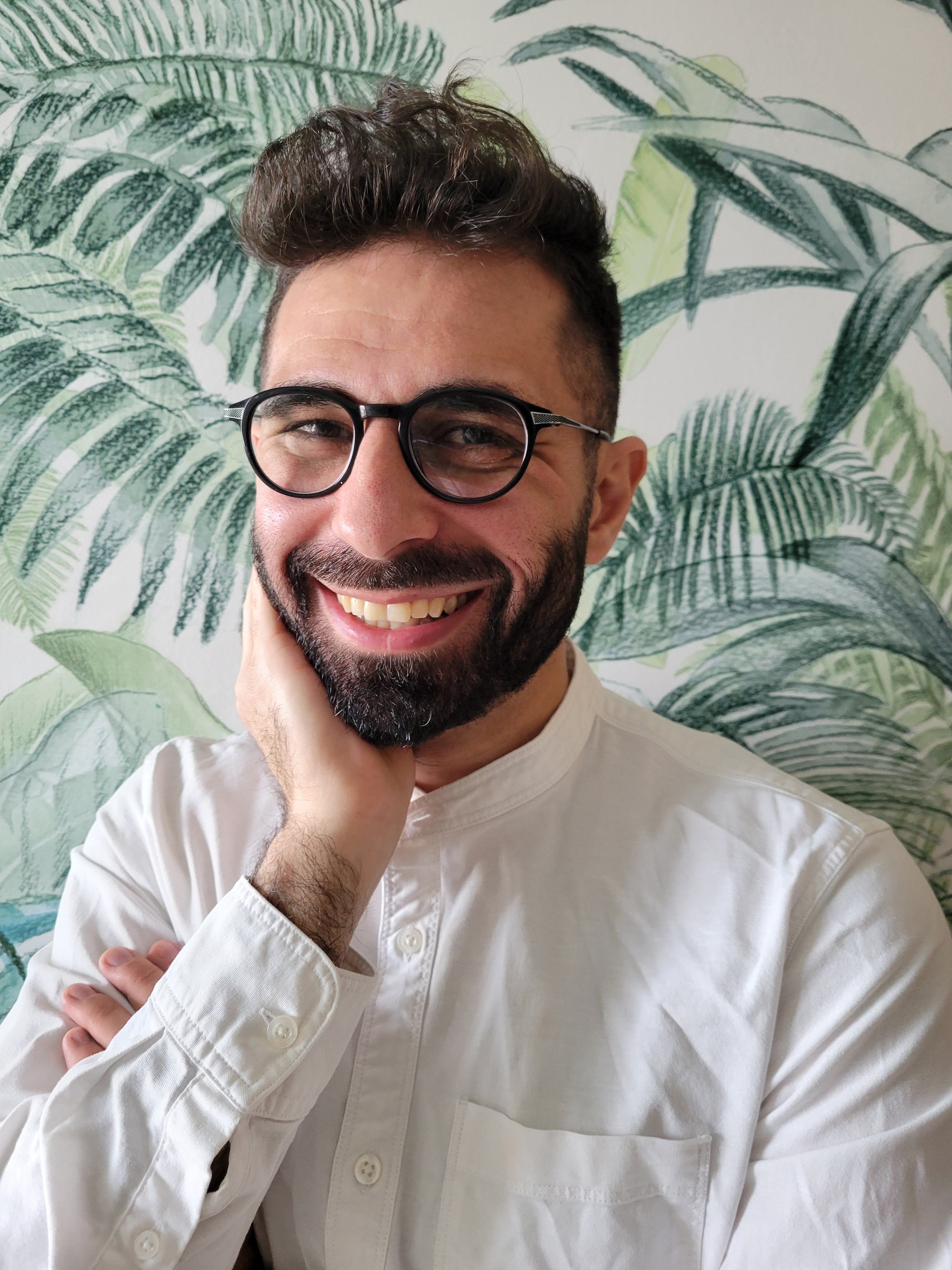
Chad Aboud, general counsel, AudienceView, Toronto, an international portfolio of technology companies supporting the live events industry with software and business-to-consumer (B2C) platforms, and his team of three supports the business across sales, intellectual property, data security, marketing, and litigation. Stakeholders include sales and account management as well as the leadership team, and challenges include successfully embedding processes, technology, and decentralizing knowledge for employees in a friendly and digestible way. Outside of work Aboud enjoys reading Adam Grant’s books and listening to his podcast Worklife. He also listens to the Happiness Lab and On Purpose with Jay Shetty.
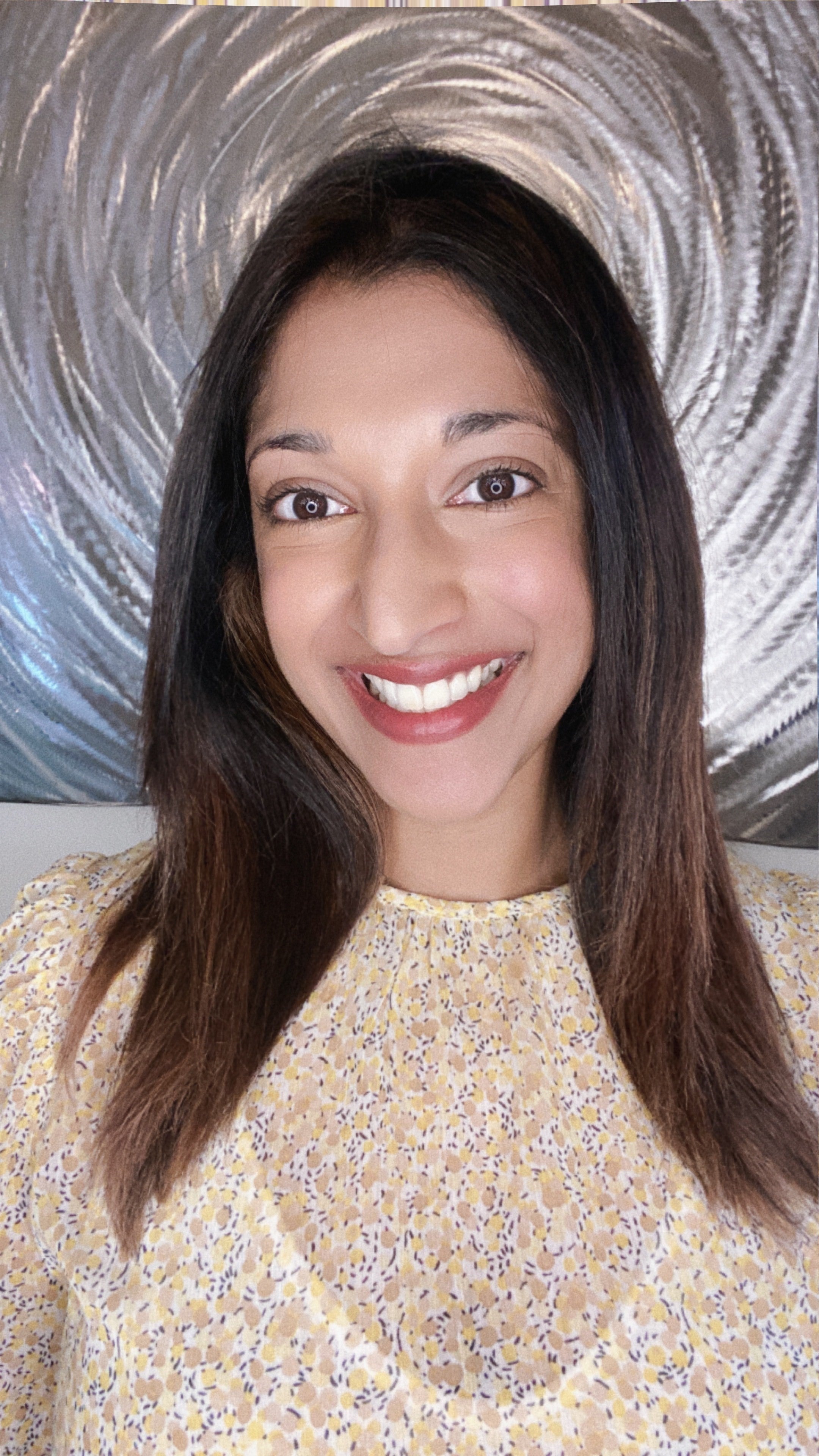
Michelle Bryant, general counsel at Beiersdorf Australia Ltd, oversees Australia and New Zealand. Bryant is in a sole counsel role, responsible for areas from risk management, regulatory, privacy, and assistant company secretarial. The role involves significant engagement with local stakeholders as well as collaborating with Beiersdorf’s corporate and legal functions in Germany. Outside of work, Bryant enjoys reading, including Becoming by Michelle Obama, true crime podcast Liar Liar. She uses a Fitbit to track her heart health, sleep, and mindfulness together with the Qantas wellbeing app which reminds you to put your phone down before midnight and rewards you with points.
Disclaimer: The information in any resource in this website should not be construed as legal advice or as a legal opinion on specific facts, and should not be considered representing the views of its authors, its sponsors, and/or ACC. These resources are not intended as a definitive statement on the subject addressed. Rather, they are intended to serve as a tool providing practical guidance and references for the busy in-house practitioner and other readers.




